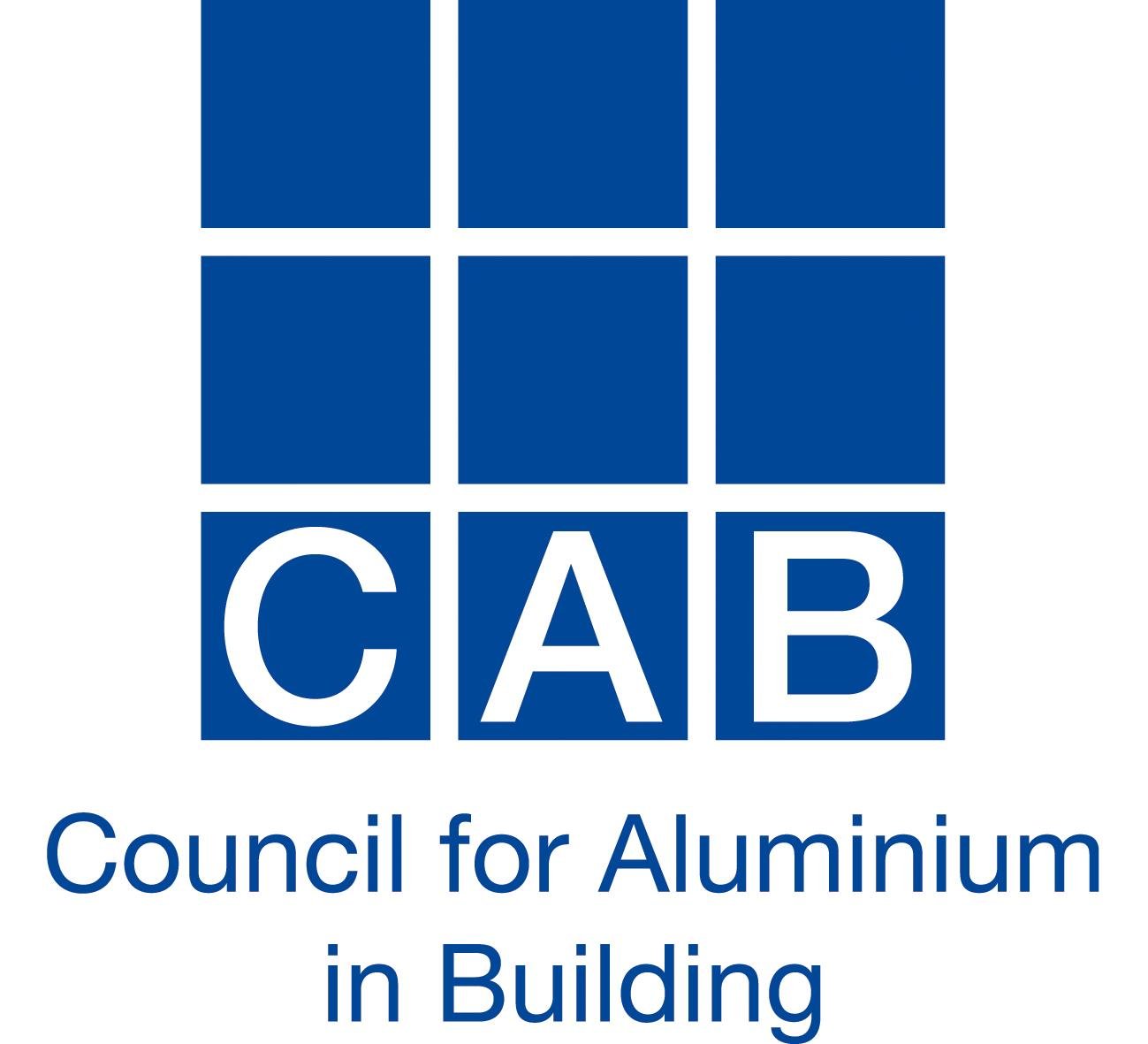Recyclability
The high intrinsic value of aluminium building scrap has always been the main impetus for recycling, independent of any legislative or political initiatives.
A Delft University study showed that the end-of-life collection rates for aluminium in the building sector were found to vary between 92% and 98%, demonstrating aluminium’s pivotal role in the pursuit of sustainability in construction. The old Wembley stadium was one of the projects monitored by the Delft team and it attained a 96% recovery rate. Typically the 4% loss was due to handles, hinges and similar small items being lost in the deconstruction process. As more sophisticated recovery procedures are introduced even these items are now being captured.
Aluminium is a “permanent” material, which means that its inherent properties do not change after repeated recycling. It therefore resonates with consumer expectations to produce and consume products in a more sustainable way. In order to keep aluminium in the loop, it must be collected and sorted properly. In 2019 CAB launched a ‘Closed Loop Recycling Scheme.’ While there is always an economic incentive to recycle aluminium, one of the aims of this scheme is to increase closed loop recycling by encouraging the collecting and sorting of scrap into specific wrought alloy groups.
While such closed loop recycling of construction materials is currently voluntary, requirements could be placed on “embedded carbon” content in the future and main contractors are increasingly seeking evidence to demonstrate the sustainability credentials of their supply chain. Scrap is an important resource and we should maximise the quantity and quality of recovered aluminium scrap in the UK to build the circular economy of the future.
The UK Government continues to promote the requirement that all products should be responsibly sourced. This includes such items as sustainable product manufacture throughout the supply chain with regard to the environment, health and safety issues, local infrastructure and the treatment of a supply chain workforce.
Aluminium has an enviable track record in this respect with a number of international bodies monitoring environmental and personnel issues. CAB is an active member of the Aluminium Stewardship Initiative (ASi)
By installing aluminium, the homeowner can be safe in the knowledge that the material can be easily and safely recovered from the building, is readily transported in bulk due to its light weight and has an extremely high recyclability.
European Aluminium Association ©


